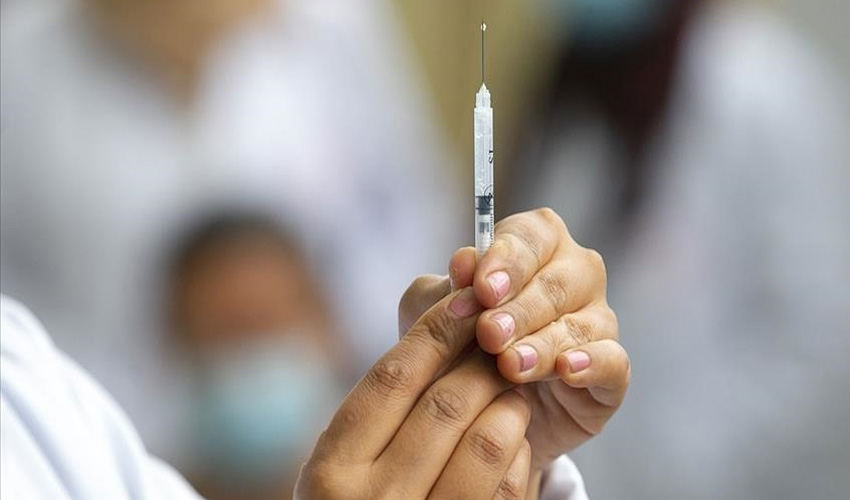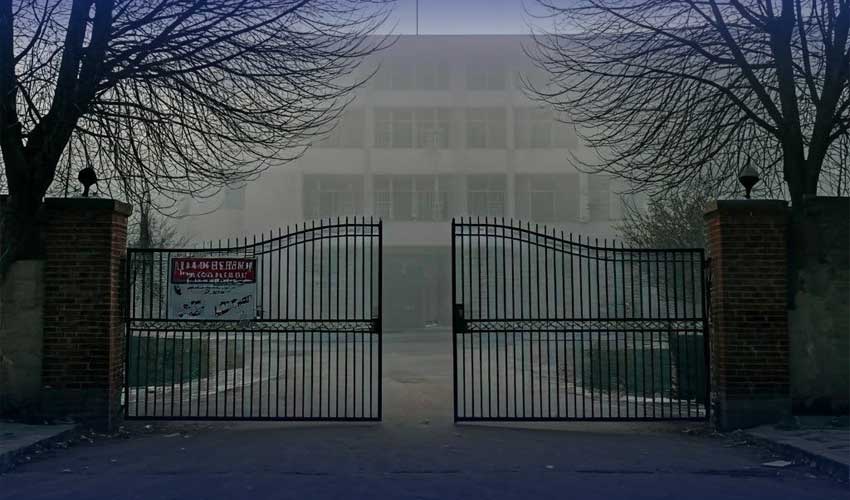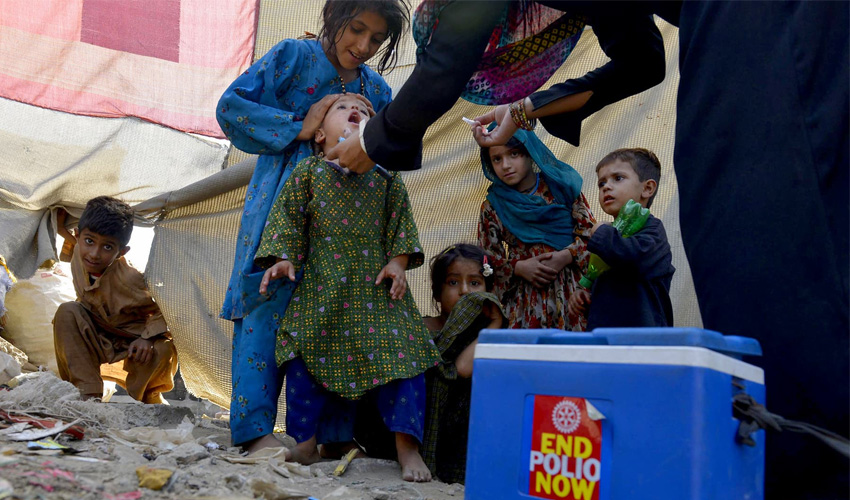In a significant stride towards combating the scourge of rabies, Dow University of Health Sciences (DUHS) has launched an indigenous anti-rabies vaccine, "Dow Rab," offering a ray of hope to victims of dog bites across Sindh.
The unveiling ceremony, led by DUHS Vice-Chancellor Professor Muhammad Saeed Quraishy, marked a milestone in the medical landscape of Pakistan. Professor Quraishy expressed his commitment to ensuring the availability of the vaccine, emphasizing its pivotal role in saving lives.
Developed by the Dow Institute of Life Sciences (DILS) at Ojha campus, the vaccine initially comprises 30,000 doses, swiftly made available through an efficient distribution network. This breakthrough is poised to alleviate the suffering of countless individuals exposed to the threat of rabies.
Speaking at the ceremony, Professor Quraishy underscored the university's dedication to self-reliance, aiming to transition from imported raw materials to locally sourced ingredients for vaccine production. He announced plans to escalate production to an additional 170,000 doses, envisioning a future where Pakistan meets its own demand for anti-rabies vaccines.
DILS Chief Executive Officer, Syed Izhar Hussain, highlighted the culmination of extensive research and regulatory processes, culminating in the commercial production of Dow Rab. The vaccine, priced at a nominal Rs1,500 for the complete course, embodies DUHS's commitment to accessibility and affordability.
In a bid to ensure nationwide accessibility, DUHS inked a memorandum of understanding with distribution giant Muller & Phipps. This partnership signifies a strategic move towards making Dow Rab readily available across Pakistan, addressing the dire need for rabies prevention measures.
Rabies, a persistent threat in Pakistan, claims thousands of lives annually. The National Institute of Health (NIH) Islamabad reports a staggering demand for over 2 million doses of anti-rabies vaccines each year, with a significant portion imported from India.
The introduction of Dow Rab comes at a critical juncture, amid a shortage of anti-rabies vaccines exacerbated by pricing conflicts. Importers cite currency devaluation as a contributing factor, underscoring the importance of local manufacturing in stabilizing prices and ensuring a consistent supply chain.



























